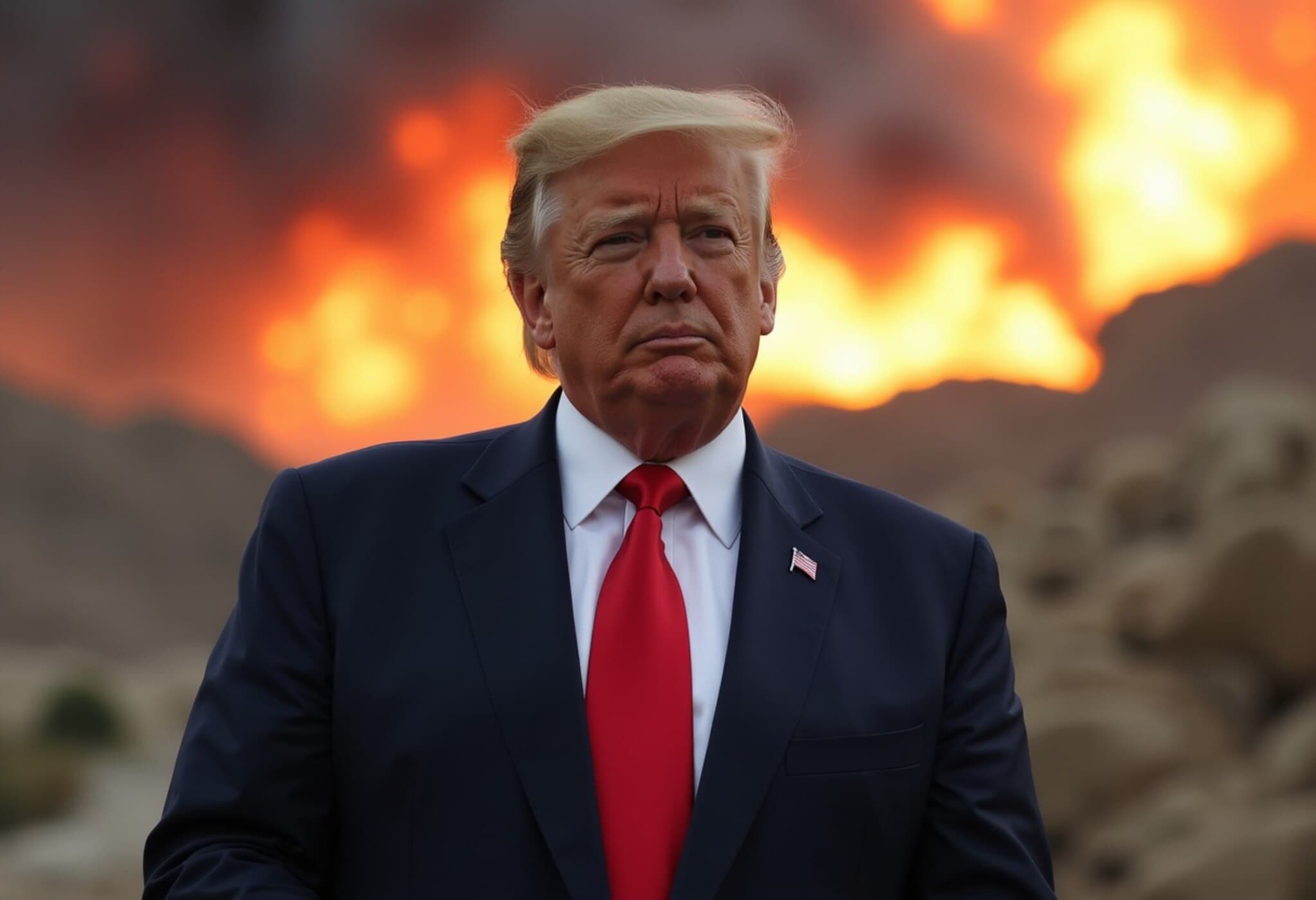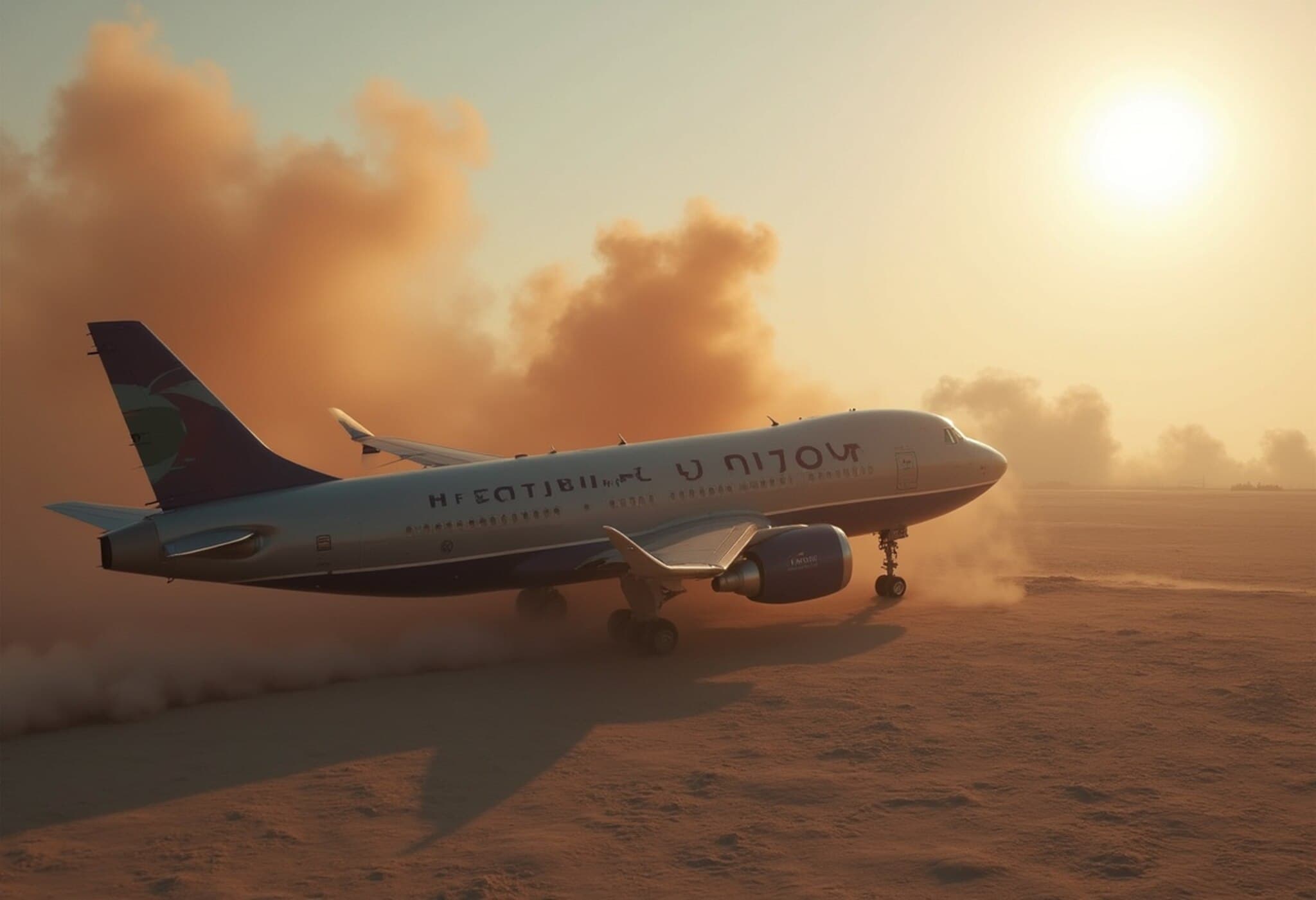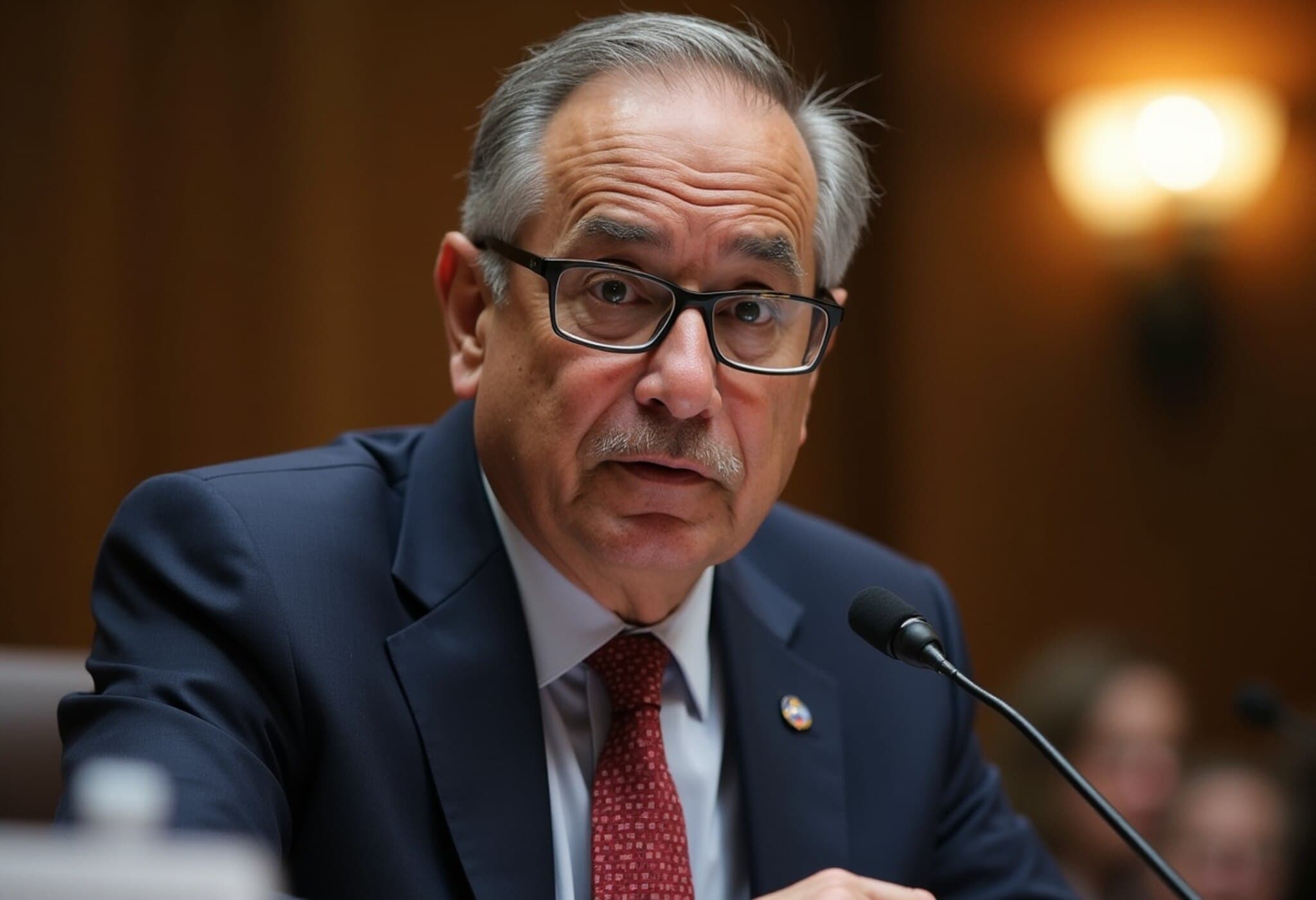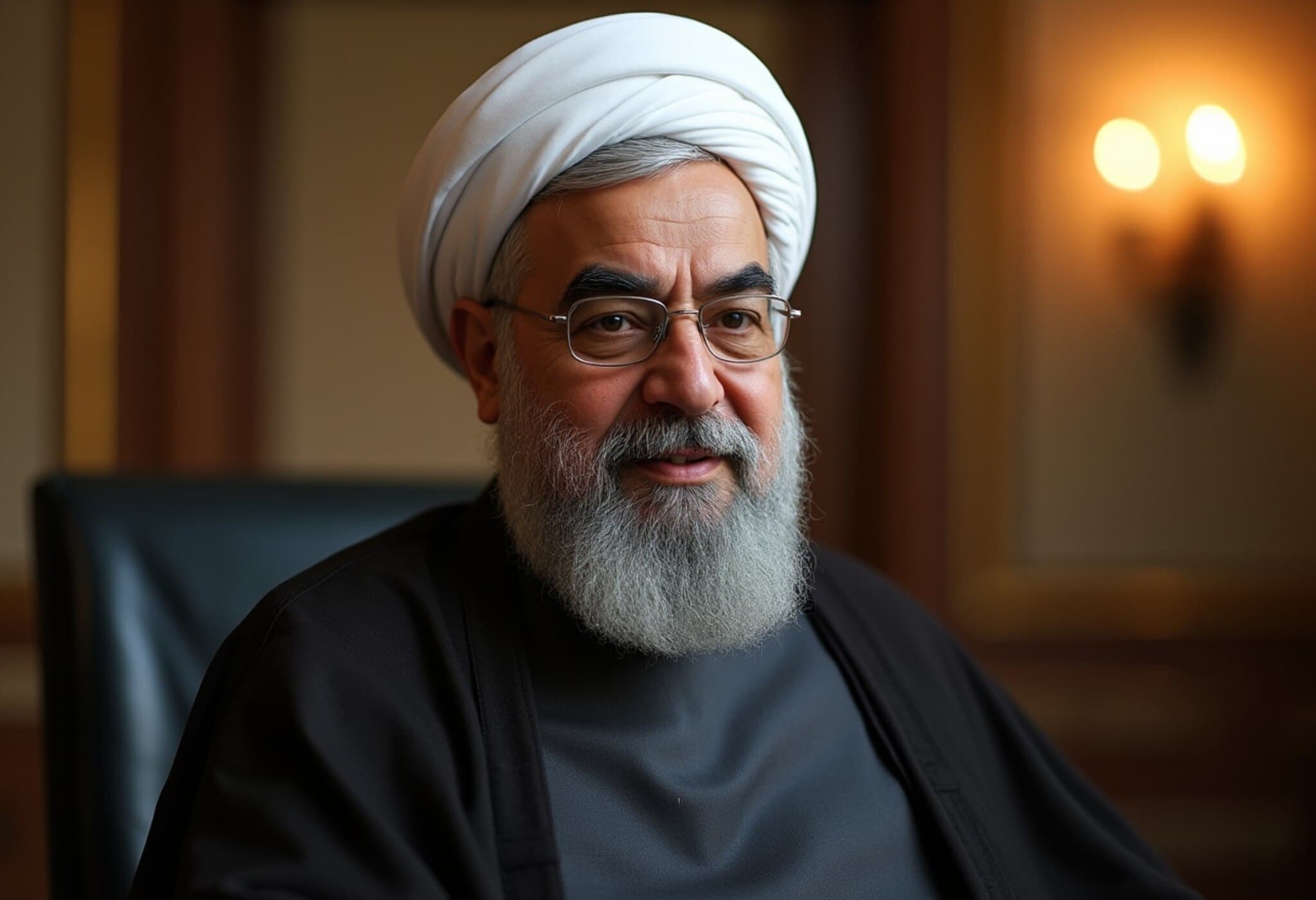US State Department Issues New Travel Advisory for Iran
In a move that directly impacts thousands of Iranian Americans and dual citizens, the US State Department has issued a stern warning against traveling to Iran. This advisory comes amid escalating geopolitical tensions and underscores the serious risks faced by Americans visiting the Islamic Republic.
Key Reasons Behind the Travel Warning
Addressing the press on Thursday, State Department spokesperson Tammy Bruce laid out the rationale behind this new initiative. She highlighted Iran’s consistent refusal to recognize dual nationality, a policy that places Iranian-American travelers in precarious situations. Specifically, detained US citizens with Iranian heritage often face denial of consular support — a critical lifeline in crises.
Bruce elaborated, “The Iranian regime does not recognize dual citizenship and routinely denies consular services to detained US citizens.” She urged Americans, especially those with Iranian roots, to heed the advisory seriously, emphasizing that travel to Iran remains unsafe despite recent reductions in direct hostilities.
New Digital Tool to Educate and Warn Travelers
In a proactive measure to extend awareness, the State Department launched a dedicated website that consolidates travel advisories, safety tips, and real-time updates about Iran. This platform aims to make critical information more accessible, helping potential travelers make informed decisions.
- Website available via search on state.gov
- Content available in multiple languages to reach diverse audiences
- Includes detailed warnings and updates tailored to Iranian Americans
Geopolitical Context: Rising Tensions Between Iran and the US
This advisory emerges against the backdrop of an increasingly volatile Middle East security landscape. Recent months witnessed a series of military strikes and counterstrikes involving Israel, Iran, and the United States.
In June, Israel launched Operation Rising Lion, targeting key Iranian nuclear and military installations across sites like Natanz and Fordow. This operation aimed to curtail Iran’s nuclear capabilities but resulted in casualties among Iranian Revolutionary Guard Corps (IRGC) officials and scientists. The US soon followed with Operation Midnight Hammer, striking additional Iranian nuclear infrastructure.
Iran retaliated with missile attacks against Israeli targets and a strike against a US airbase in Qatar, condemning these actions as violations of international law and the UN Charter. These confrontations have not only deepened tensions but have also heightened the risk for American citizens traveling to or residing in the region.
Diplomatic Hopes Amid Hostilities
Despite the spikes in conflict, there are glimmers of diplomatic engagement. Recent remarks from US President Donald Trump reveal hope that full-scale military confrontations can be avoided. He signaled openness to discussions with Tehran, acknowledging scheduled talks aimed at de-escalation.
“They (Iran) want to meet ... They want to work something out. They are very different now than they were two weeks ago,” Trump stated in a recent White House meeting with Israeli Prime Minister.
On the other side, Iranian officials have expressed readiness for dialogue but cited deep mistrust stemming from past US and Israeli actions. These complex dynamics make the road ahead both uncertain and fraught with potential missteps.
Implications for Dual Nationals and Iranian Americans
For Iranian Americans holding dual citizenship, this advisory is more than a routine travel warning — it is a critical alert reflecting real and dangerous challenges. Historically, Iran's government has used detained dual nationals as leverage in diplomatic disputes, often without adherence to fair legal standards or access to consular representatives.
Travel experts and legal analysts urge dual nationals to reconsider any plans to visit Iran at this time. The lack of dual nationality recognition effectively removes many protections usually afforded to foreign citizens.
What Travelers Should Know
- Consular Access: Iran routinely denies US consular services, complicating assistance for detained travelers.
- Political Risk: Travel during volatile periods increases chances of arbitrary detention or imprisonment.
- Safety Precautions: Even in non-conflict zones, security and medical support might be limited.
Expert Insights: Why This Advisory Matters
From a policy perspective, this advisory reflects a broader challenge in US-Iran relations where human security intersects sharply with international diplomacy. It calls attention to the vulnerabilities of transnational identities and raises urgent questions about how governments can better protect their citizens abroad when diplomatic relations are strained or minimal.
Furthermore, this cautionary measure sends a clear message about the limits of personal ties in safeguarding traveler safety during geopolitical conflicts. It highlights the necessity for governments to deploy innovative consular strategies and support systems for expatriate communities caught in political crossfires.
Editor’s Note
This new travel advisory is a poignant reminder of how global politics can dramatically impact individual lives, especially for those with ties that cross fragile borders. As tensions simmer between Iran, the US, and regional actors, the State Department’s initiative underscores the enduring importance of vigilance, informed decision-making, and diplomatic engagement.
For Iranian Americans and dual nationals, the risks are real and rising. Reflecting on this, policymakers must explore more robust mechanisms to ensure safety and consular support — even amid diplomatic hurdles.
As you consider international travel in a complex world, consulting official government sources and remaining abreast of evolving advisories remain essential steps to safeguard yourself and your loved ones.














